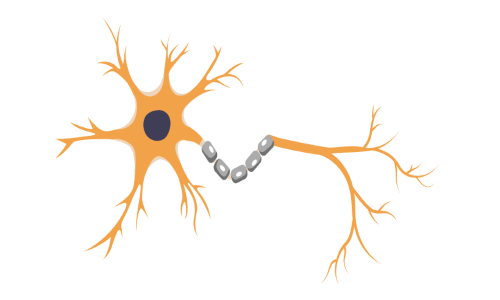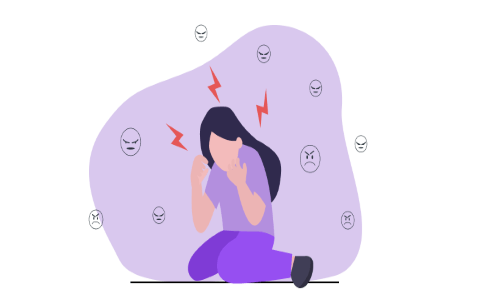
Neural Desensitization to Accelerate Trauma Recovery: NDIT Level 2 Training
Open to access this content

Open to access this content

Open to access this content

Open to access this content

Open to access this content

Open to access this content